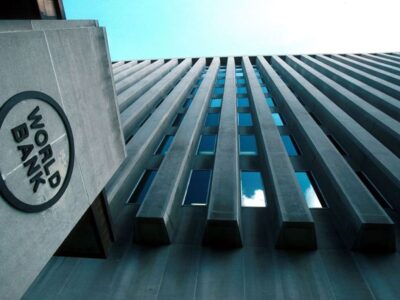In the wake of the pandemic, organisations around the world were placed under far more scrutiny, and forced to rethink their existing strategies. They had to revisit how they operated, both internally, in terms of the corporate culture fostered, as well as externally with regards to their role and responsibilities towards the societies in which they operate.
There has been a consistent rise in legislative initiatives to limit climate change over the past few years, and the purpose-driven initiative known as Environmental, Social, and Governance (ESG) is having its heyday, rising to the top of the corporate priority list.
ESG goes far beyond the umbrella term of Corporate Social Responsibility (CSR), holding organisations accountable beyond the traditional performance metrics of financial returns, demanding demonstratable evidence of sustainable practices and community concern in a more transparent, trusted, and ethical reporting framework.
While skeptics may view ESG investments as ‘greenwashing’, the reality is that ESG reporting is an extremely complex process, requiring an extensive amount of data gathering, deliberate long-term planning, alongside the formation of strategic foundational frameworks. All of these reporting requirements come with a requisite set of disclosures to reputable rating agencies in order to receive accreditation.
The peak of the pandemic made us all realize we were standing at the cusp of change. Alongside the increasing shift and focus on mental wellbeing, the financial landscape was rapidly transforming, as were stakeholder expectations. On a global scale, ESG initiatives were on the rise, forcing many pre-established green initiatives to undergo a more in-depth transition to ensure that ESG investments were not only categorized efficiently but reported in quantifiable numbers rather than qualitative descriptions and assessments.
Organizations and the industry at large will need to consider adopting a long-term sustainability framework as part of their step towards integrating ESG methodologies into the crux of their business operations.
Establishing a cohesive ESG framework is not a solo endeavour. Through meaningful partnerships with leading advisory firms, financial institutions can effectively formulate their future ESG initiatives and sustainability roadmaps.
The inherent benefit of an ESG roadmap, should it work in harmony with a bank’s priorities, is that it charters a clearer path and way forward to addressing key imperatives of an organization’s employees, customers, and shareholders, with complete transparency and accountability. And by assigning clearly defined Key Performance Indicators (KPI) to pivotal departments, a bank can effectually embed sustainability at the core of its business.
Sustainability-driven growth can lead to the enhancement of key ESG criteria that address stakeholders’ priorities, improving customers’ experience in a more sustainable manner, nurturing the workforce, preserving natural resources and inspiring ethical financial behaviour.
My prediction for the future is that sooner than later, ESG disclosures will become a standard, audited, business requirement. To begin with, younger, socially-conscious generations are now forming a greater proportion of customer bases, wielding greater influence. Concurrently, innovations in tech and AI continue to modernize and automate channels of communication and financial reporting systems, which combined, will lead to better teamwork, as well as increasing accuracy and transparency in data collection and analysis,
The time has come to fully embrace the formation of ESG strategies to better navigate the rapidly transforming landscape and keep pace with stakeholder expectations: the result will be a no-frills, real-world change for the betterment of our people and planet, for decades to come.
Hassan Amin Jarrar, Chief Executive Officer of Bahrain Islamic Bank








